For a film whose title literally translates to ‘joy,’ Jordanian film Farha brings grief and war into Netflix’s screens, and it is anything but joyful.
Jordaian director Darin J. Sallam’s drama Farha, which premiered on 1 December, paints only an individual tragedy within a world of violence in Palestine. The film tells the story of a small-scale calamity, unfolding through it a bigger picture of injustice, atrocity, and grief.
The film follows Farha (played by Palestinian Karam Taher) a 14-year old Palestinian girl who dreams of breaking free from social and gender expectations her small village in Plaestine. Farha, who chafes at the expectations of being married off, has aspirations of becoming a school teacher. In sun-drenched Palestine, there are long talks of dreams between Farha and her best friend Fareeda, until their world comes crumbling down.
In impeccable storytelling and heart-wrenching imagery, Farha depicts the Palestinian Nakba (catastrophe) that took place in 1948 to create the state of Israel. It unfolds the dire effects the Nakba had on Palestinians, expelling them forcefully from their homes.
In an interview, Sallam explained that the film is based on a true story of a friend of her mother’s, who experienced the Nakba as a younger girl, and now lives as a refugee in Syria.
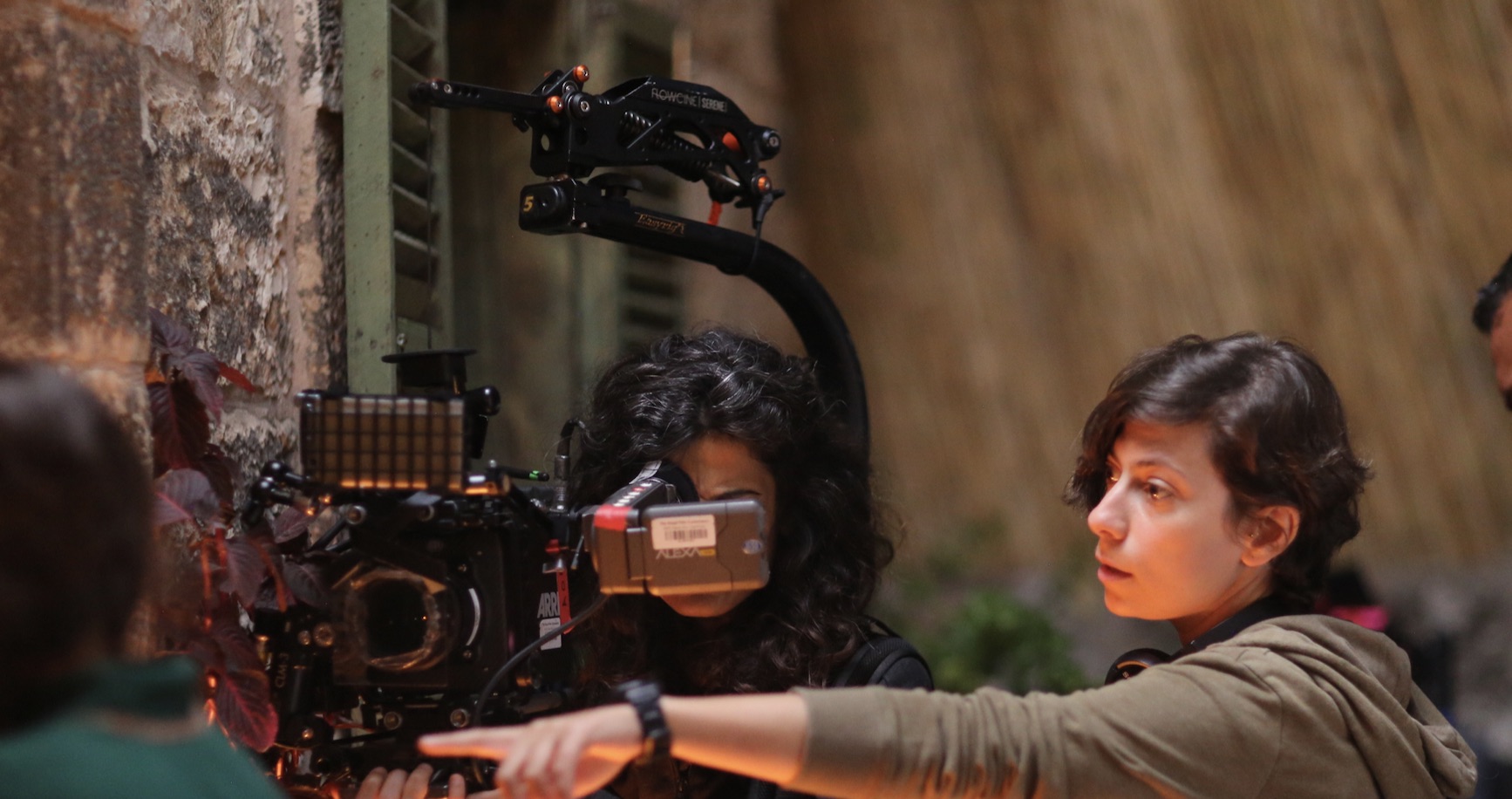
“I’m not afraid to tell the truth. We need to do this because films live and we die,” Sallam said in an interview. “This is why I decided to make this film. Not because I’m political, but because I’m loyal to the story that I heard.”
For many, this film is a healing process of aching memories of that time, but for others, it is a reminder of an ongoing Nakba.
Note: Stop reading here if you want to avoid spoilers. The below discusses key plot points of the film.
The story: A slice of one life that speaks volumes
In a matter of minutes, between Farha and Fareeda discussing hopes for the future, their lives as they know them turn around at the sound of attacks on Palestine.
As turmoil breaks out, Farha is exposed to the brutalities of war, and grapples for survival. She is left with a choice of her own, to flee with Farida’s family to the north, or stay by her father’s side in the village. She chooses her father, but in an attempt to protect her, Abu Farha (Farha’s father) leaves her more constrained than ever.
He locks her in a storage room, leaving her with a lingering promise of return – a promise he never makes good on. In a parallel to the lives of many Palestinians, Farha’s only window to the outside world is through the cracks of a wooden door.
Yes, Farha might be safe and fed, but she is exposed to the battle outside through a sliver of a gap and the echoing sounds of bursting gunfire. Between the menacing bombs and Farha’s storage room, the audience fears for her safety.
She witnesses the horrors of innocent killings, an aching reality of Palestinians, and she eventually escapes.
The watching experience: When silence speaks louder than words
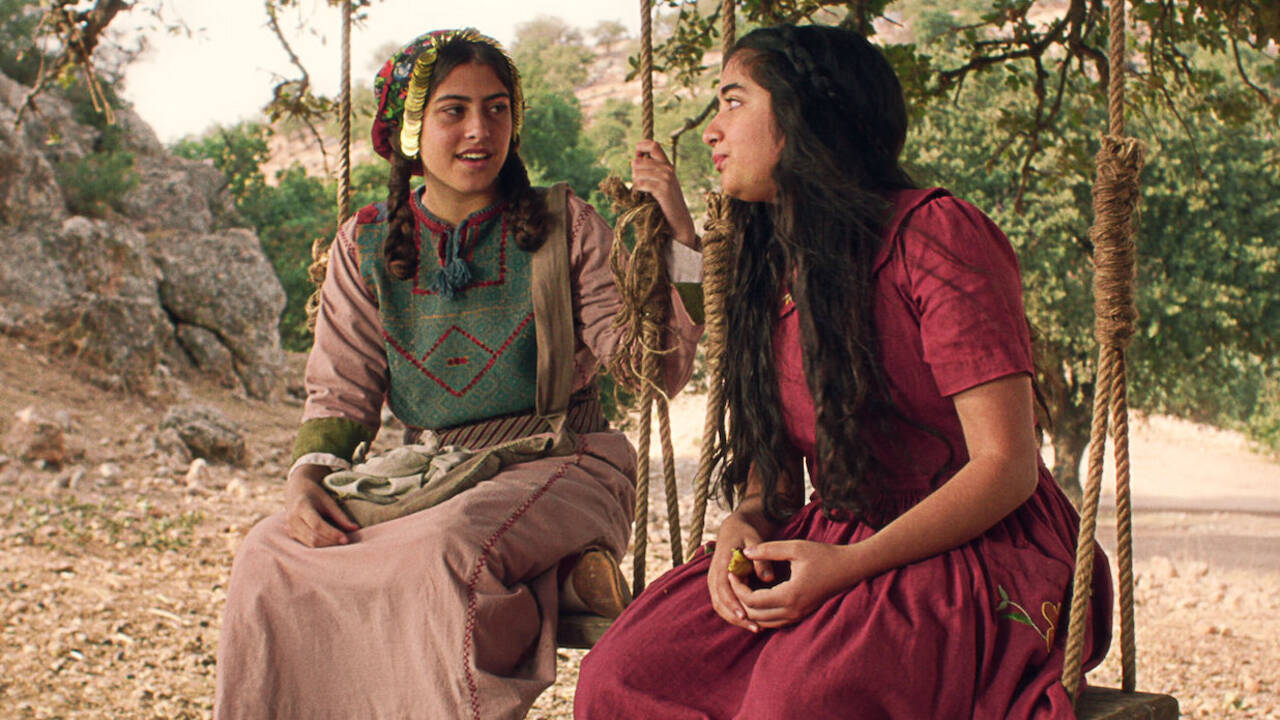
In 92 minutes, Farha has managed to evoke a multitude of emotions: hope, numbness, and fear.
From two teenage girls who were picking figs and reading books, to a change of events that leads them to fighting for their lives, Farha brings an authentic depiction of war and the reality of many.
In her hiding place, conversations are not many compared to the sounds of gunshots and killings. Although there are certain scenes that can be described as ‘quiet’ and ‘silent,’ they are an unembellished representation of what it is like to live in a war-torn country.
In a riveting performance, Taher portrays what it is like to be forced into adulthood and displacement. She was once a young innocent girl, but war, unkind to all, changes her forever.
Predictably, the film has been met with opposition from Israeli officials, under the claim of the film “creating a false pretense and incitement against Israeli soldiers.” Israeli officials have also denounced the film and threatened consequences for its airing.
Yet, the telling of Farha remains congruent to the stories told by many Palestinians for decades past. The film is one of the first productions to reach a wide international audience that depicts the history of the Palestinian Nakba.
Yes, Israeli officials might be denouncing the film, but that doesn’t mean that the story it told is seaming or untrue.
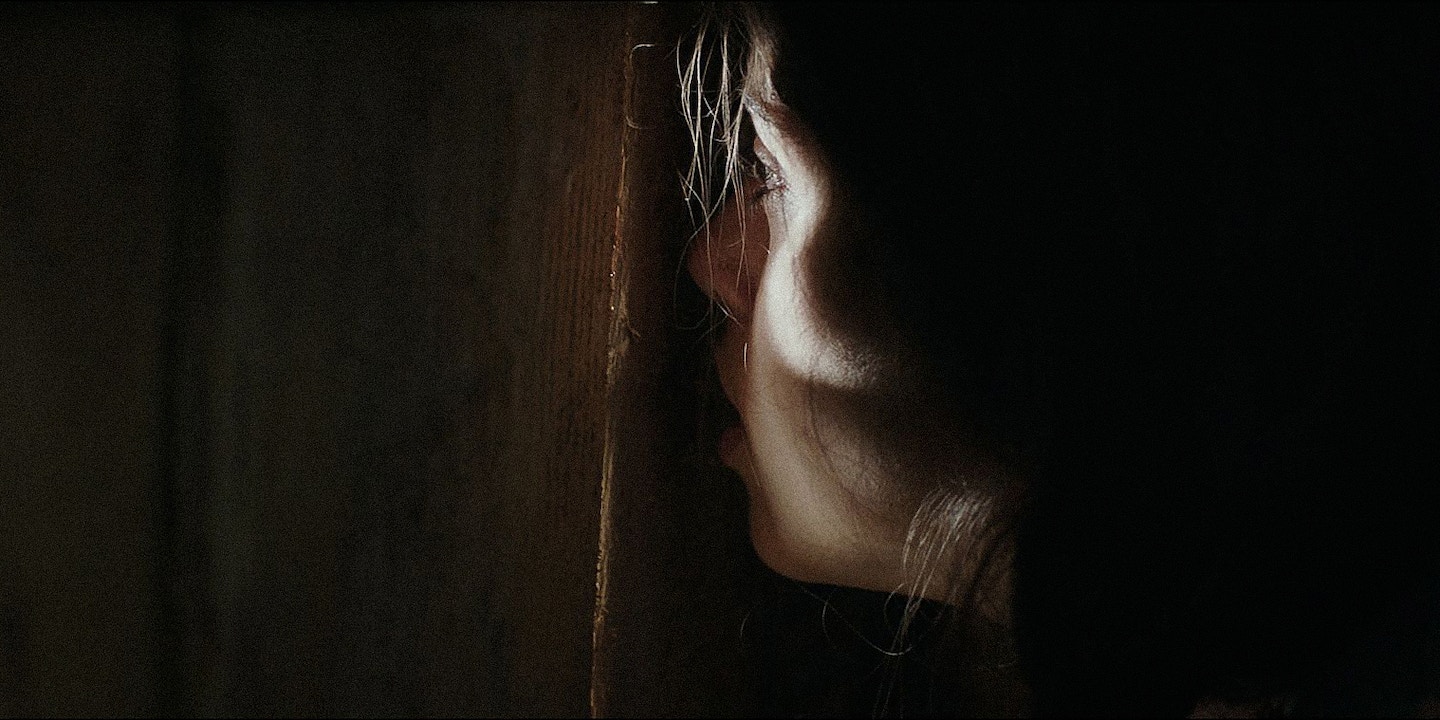



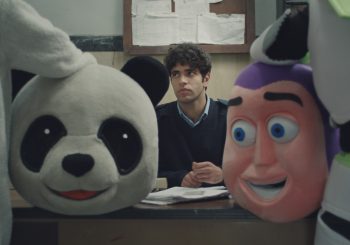
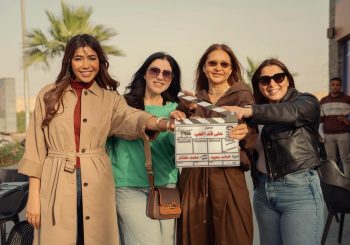
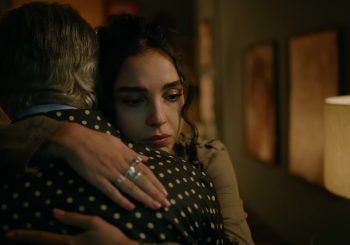
Comment (1)
[…] Source link […]